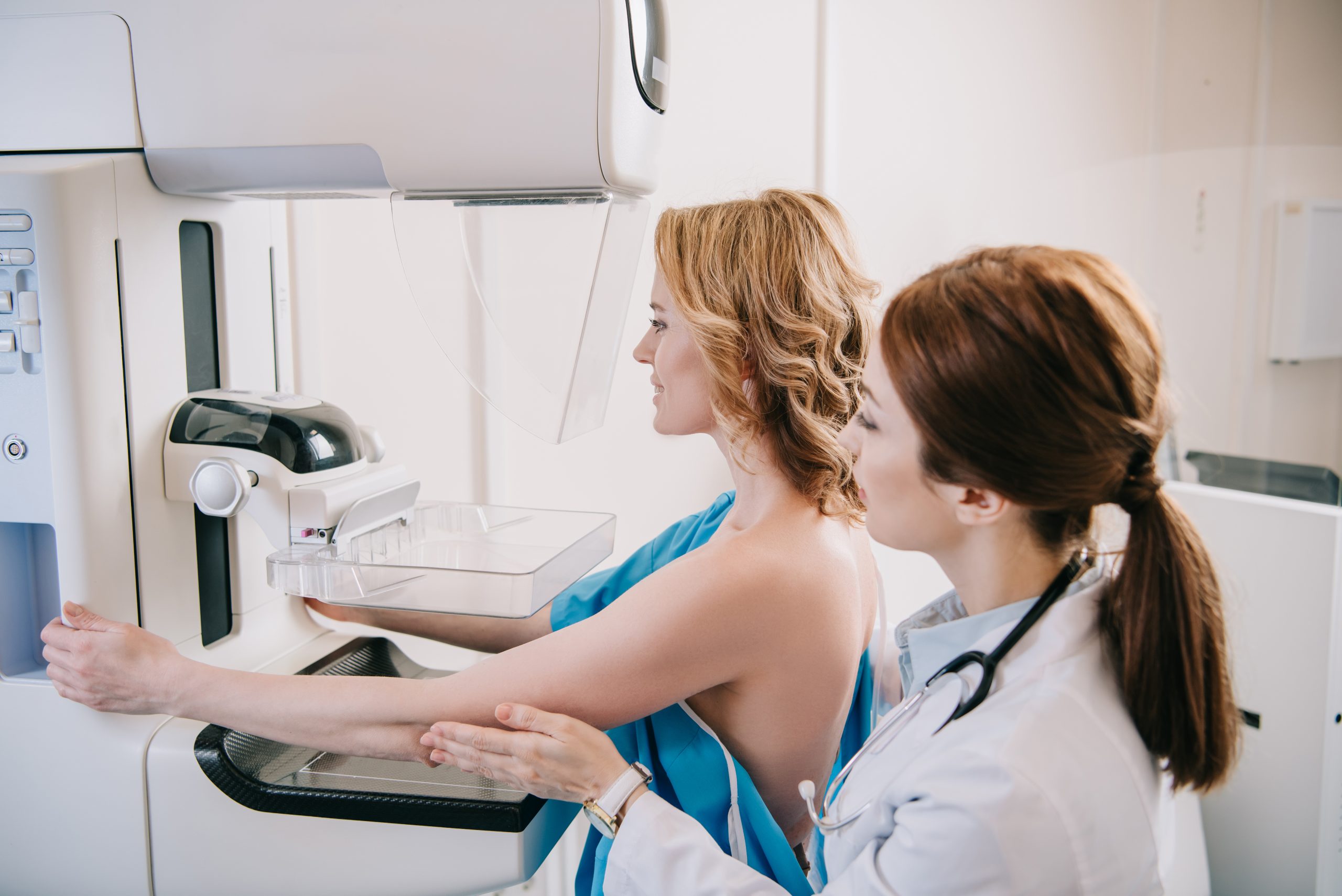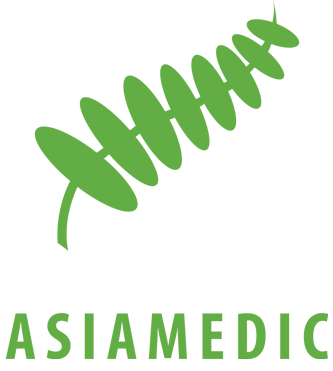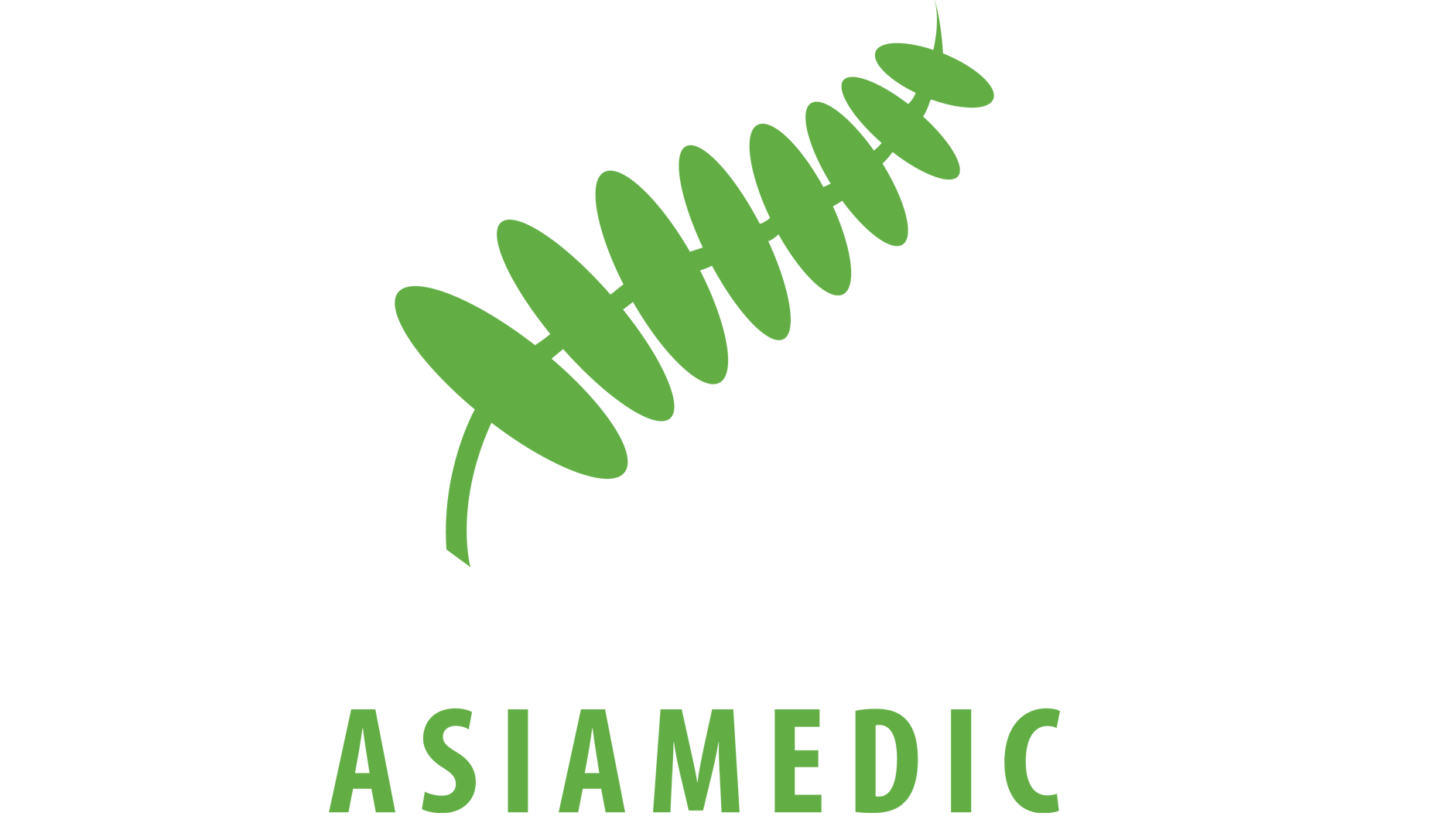
At What Age Does Breast Screening Start?
Breast screening in Singapore typically begins at the age of 40 for most women. Mammography, a widely used screening tool, is recommended as the primary method to detect breast cancer in its early stages. The Singapore Cancer Society and the Ministry of Health advise women aged 40 and above to undergo a mammogram every two years. This age is chosen because it’s a critical juncture where the risk of breast cancer significantly increases. However, it’s important to note that individuals with a family history of breast cancer or other risk factors may need to start screening earlier, and they should consult with their healthcare provider to determine the most appropriate age to initiate breast screening.
Regular breast screening is essential for early detection and timely intervention, as breast cancer is one of the most common malignancies affecting women in Singapore. Detecting breast cancer at an early stage increases the chances of successful treatment and improved outcomes. Therefore, women should be proactive in scheduling their mammograms and maintaining a regular screening routine, especially as they approach their 40s, in order to ensure their breast health and overall well-being.
Reasons to Initiate Breast Screening
- Early Detection: Breast screening, particularly through mammography, helps in the early detection of breast cancer. Detecting cancer at an early stage increases the chances of successful treatment and improved outcomes.
- Improved Survival Rates: Early detection and intervention can lead to higher survival rates and a better prognosis. Regular breast screening can significantly contribute to reducing breast cancer mortality.
- Risk Assessment: Breast screening allows healthcare providers to assess an individual’s risk of developing breast cancer, enabling tailored recommendations for further evaluation and prevention strategies.
- Timely Intervention: Identifying abnormalities in breast tissue early allows for prompt medical intervention, potentially reducing the need for aggressive treatments such as chemotherapy or extensive surgeries.
- Peace of Mind: Regular breast screening provides peace of mind, knowing that you are actively monitoring your breast health and taking steps to catch any issues as soon as possible.
- Family History and Risk Factors: Women with a family history of breast cancer or other risk factors are encouraged to start screening earlier, making it crucial to consult with healthcare professionals to determine the appropriate age to begin breast screening.
- Public Health Impact: Regular breast screening is essential for public health, as it contributes to the early diagnosis and effective management of breast cancer, ultimately reducing the overall burden of the disease on society.

| Age Group | Breast Screening Recommendation |
|---|---|
| Under 40 | Consult with healthcare providers to assess risk factors and discuss screening options. In some cases, earlier screening may be advised. |
| 40-49 | Mammography every 2 years, or as recommended by a healthcare professional, based on individual risk factors and family history. |
| 50-74 | Mammography every 2 years is typically recommended for most women in this age group. |
| 75 And Older | Continue with regular mammography based on individual health status and discussions with a healthcare provider. |
| High Risk | Women with a family history of breast cancer or other risk factors should undergo screening as advised by a healthcare provider, often starting earlier and more frequently. |
Benefits of Breast Screening for Women Across Age Groups
For Women Under 40:
- Early detection of breast cancer in cases of higher risk or concerning symptoms.
- Individualised screening based on risk factors and family history.
- Enhanced awareness and proactive breast health management.
For Women Aged 40-49:
- Detects breast cancer in its early stages, improving treatment success.
- Recommendations for mammography every 2 years or as advised by healthcare providers.
- Potential risk assessment and tailored screening plans based on individual factors.
For Women Aged 50-74:
- Regular mammography every 2 years for most women in this age group.
- Increased likelihood of early cancer detection and better survival rates.
- Routine breast screening contributes to overall well-being.

For Women 75 and Older:
- Continued breast screening based on individual health status and healthcare provider recommendations.
- Ensuring ongoing monitoring and early detection in later life.
For High-Risk Women:
- Personalised screening schedules and methods to address specific risk factors.
- Early detection to prevent aggressive treatment and improve prognosis.
- Peace of mind through proactive breast health management.
Varieties of Breast Screening Methods
- Mammography: A commonly used method that involves taking X-ray images of the breast tissue to detect abnormalities and early signs of breast cancer.
- Clinical Breast Exam (CBE): A physical examination performed by a healthcare provider to check for lumps, changes in breast size or shape, and other signs of breast cancer.
- Breast Self-Exams (BSE): A method in which women examine their own breasts regularly to detect any changes or abnormalities, promoting breast health awareness.
- Breast Ultrasound: This uses high-frequency sound waves to create images of the breast tissue, often used as a follow-up to mammography or in specific cases.
- Breast Biopsy: Not a screening method, but a diagnostic procedure to sample suspicious breast tissue for laboratory analysis and confirm the presence of cancer.
In summary, breast screening in Singapore begins around age 40, primarily employing mammography. The Singapore Cancer Society and the Ministry of Health recommend regular mammograms every two years for women aged 40 and above. However, individual factors may dictate earlier screening.

Breast screening offers a multitude of benefits across age groups. For those under 40, it enables early detection and promotes proactive breast health. Women aged 40-49 experience improved treatment outcomes, with tailored screening plans based on risk factors. Those aged 50 and above benefit from early cancer detection, enhancing well-being, ensuring peace of mind.
Breast screening in Singapore supports early detection, better survival rates, and individualised care, contributing to women’s well-being and public health.




